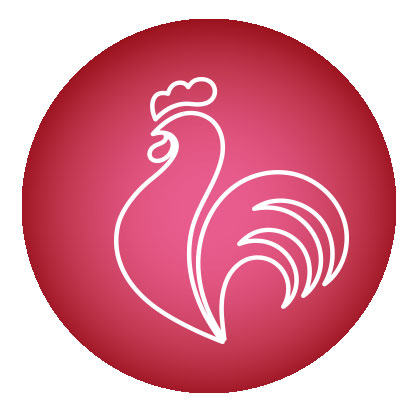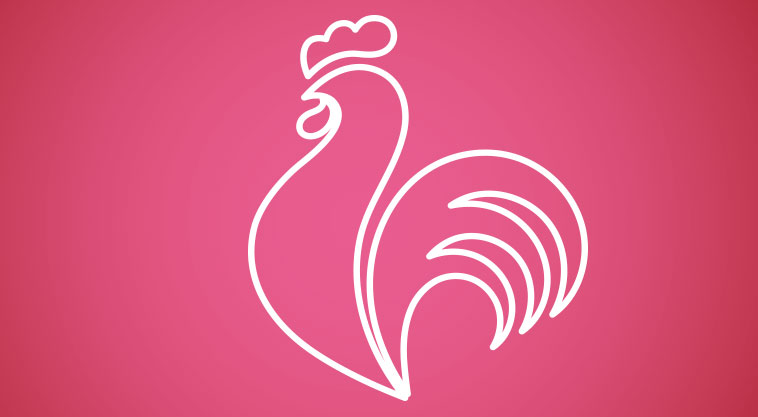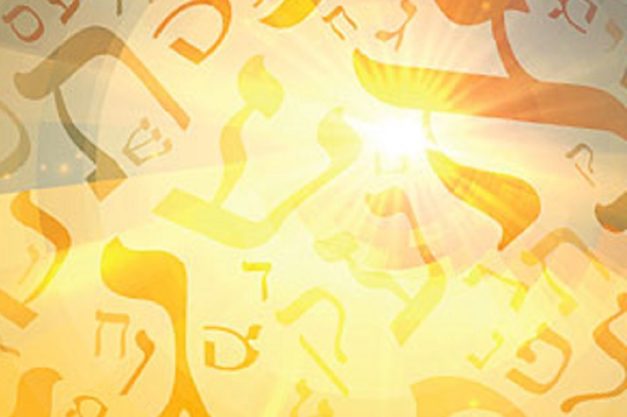Stepping Forward


Thanking Him for shoes reminds us to walk in His ways
Do you remember the excitement of buying your little ones their first pair of shoes? When toddlers begin to walk with shoes, they’ve crossed a threshold into a whole new world, and our excitement is palpable. But what’s so special about shoes?
The brachah of she’asah li kol tzarki, “Who has provided for my every need,” was originally recited each day when a person would don his shoes. Why does this act warrant its own brachah? And further, what do shoes have to do with recognizing that Hashem meets each of our needs? Avudraham explains that when a person has shoes, he can go out into the world and obtain his needs; his shoes are the medium that allow him to explore the marketplace.
But if this brachah acknowledges the ability Hashem gave us to attend to our needs, why is it written in the past tense? This question is further strengthened when we note that the rest of the brachos are written in the present tense. The Gra explains that this brachah alludes to the creation of the world. The whole world was created for the benefit of man. All the vegetation is for man to eat and to enjoy. Animals as well were created for man to consume, and their skins are used to make the shoes we wear.
The Malbim tells us that shoes symbolize that we are the ones in charge, that we rise above the earth and the animals. The entire world is placed under our dominion, and every person should say, “Bishvili nivra ha’olam — for me the world was created.” This brachah helps us realize that Hashem has prepared the world for each of us, and we thank Hashem for allowing us to enjoy and benefit from it.
I Have Everything
Rav Mandelbaum in his sefer Aromimecha Elokai Hamelech comments that this brachah reminds us to thank Hashem for all the gifts that He has given us. Shoes, which are symbolic of a person’s needs, remind us to be grateful for all our needs that are met: the food we have, the refrigerator that keeps it cold, and the oven that cooks it. Nothing we have can be taken for granted; everything is a gift to be appreciated.
Rav Wolbe in Alei Shur develops this idea even deeper. When Yaakov Avinu meets Eisav, he tells him, “Yesh li kol, I have everything” to which Eisav counters, “Yesh li rav — I have a lot.” Herein lies the difference between two diametrically opposite world views. Yaakov Avinu is able to view his possessions as “kol,” he feels that he has everything. Instead of desiring to increase his possessions, he focuses on appreciating what he does have. Eisav, on the other hand, is never satisfied with what he has; while he has a lot, he desires a lot more.
Reciting this brachah each morning allows us a moment to reflect on the many blessings we do have, to appreciate them, and to thank Hashem for them. This brachah helps us offset the social pressure to never be satisfied with what we have, to always want newer, better, faster. We need to teach our children as well to say this brachah with kavanah, to value what they have instead of focusing on what others have.
In his L’fanav Naavod Rav Efraim Fordsham notes that the brachah does not thank Hashem for giving us what we want, but rather for giving us what we need. Hashem provides all of us with exactly what we need, at every stage of life. Each one of us is given exactly what we need on a spiritual, emotional, and physical level to fulfill our specific mission in life. Whatever we have, and whatever we don’t have, has been precisely apportioned in an allotment determined even before our birth — another reason this brachah is written in the past tense.
A Unique Life’s Journey
Rabbeinu Bechaye (Devarim 22:5) comments that before each soul is born, it is shown its entire life, with all of the struggles and challenges it will endure. Each soul willingly accepts the life it’s shown. This is why this brachah is the only one written in the singular, underscoring the fact that each neshamah has been given what it needs for its unique life journey.
The Chofetz Chaim once asked someone how he was doing.
“Things could be better,” the man responded.
“No,” the Chofetz Chaim replied. “If things were meant to be better, then they would be better. Things are exactly the way they need to be.”
Imagine if we were to really focus on this brachah each morning; how much heartache would be removed from our lives! How often we complain during the day that we wish things would be different, that we wish we only had this, or that we’d be so much happier if…
This brachah enables us to strengthen our emunah that Hashem is intimately involved in each of our lives, and is giving us exactly what we need, in order for us to be the best we can be. Rav Shlomo Kluger, in Chochmat Shlomo, takes this idea one step further. This brachah thanks Hashem for all the good that we have — along with all the challenges that we experience. It is life’s challenges that enable us to grow, to reach higher levels in This World and the Next. Indeed, just as shoes enable a person to move from place to place, likewise difficulties facilitate movement in our lives.
This brachah enables us to live the dictum of Chazal, to thank Hashem for the good as well as the bad. It refocuses our attention, reminding us that all we have, even that we consider “bad” is part of our “needs” in self-development.
Rav Shmuel Brazil, in Bishvili Nivra Ha'olam, notes that “tzarki” is made up of two words: “ki” and “tzar.” Even when we feel the effects of life’s constraints, we must remember that these, too, are part of our needs, helping perfect us.
Spiritual Shoes
Bnei Yissachar comments that shoes separate us from the earth, which was cursed after the sin of Adam. Hence, in places where there’s intense holiness, and the effects of the sin of Adam are not operative, like the Beis Hamikdash, we take off our shoes. Rav Brazil explains that we need to view our entire lives from the vantage point of brachah, remembering that all Hashem does is for the good. Putting on our “spiritual shoes” allows us to separate from a life of complaint and curse, and to appreciate the goodness that exists.
Rokeach observes that there are ten words in this brachah. This parallels ten expressions that are found in the Torah describing walking in the path of Hashem, V’halachta b’drachav, haderech yeilchu bah, etc… Hence, this brachah reminds us that each day, as we put on our shoes, we must be conscious to walk in the ways of Hashem, and to do His will.
Each morning, as we say this brachah written in the singular, it reminds us of our special relationship with Hashem. Hashem has prepared a whole world for us to enjoy and benefit from. Hashem has equipped each one of us with the inner and outer tools to become the best we can potentially become. When we’re able to focus on this appreciation, we’ve taken the necessary step forward to begin becoming that person.
Is it any wonder we’re so excited to buy a child his first pair of shoes, as he begins this exciting journey in life?
(Originally featured in Family First, Issue 623)
Oops! We could not locate your form.


